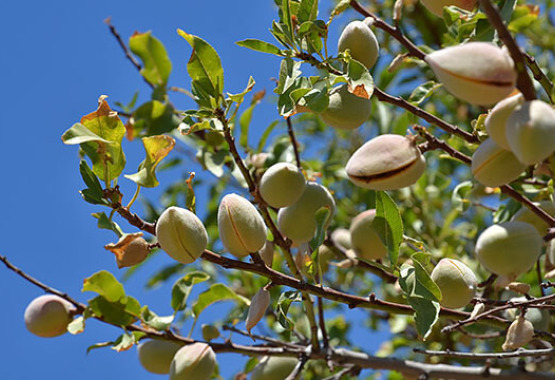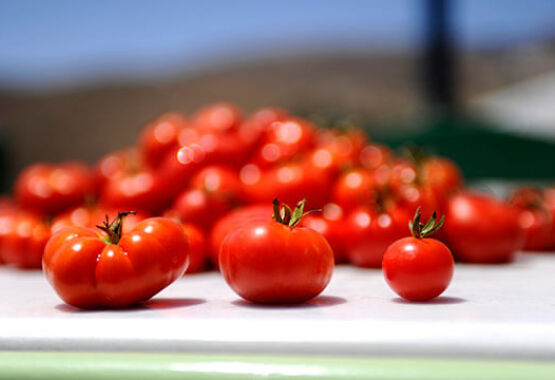
AROUND GREECE
To a great extent, the uniqueness of the Greek honey derives from the rich Greek flora, which comprises numerous wild flowers and herbs. In the long list of flower honeys, unmixed categories are classified; among them, the famous thyme honey, the exquisitely aromatic orange honey, heather honey, chestnut honey, the rich in antibacterial attributes cotton honey, and several types of flower honey collected by aromatic plants of the Greek countryside, like wild oregano, wild lavender, salvia, and many more.
Certainly honey was the first – and for quite a while the only – sweetener Greeks had in their diet. Even now, it remains the most prestigious one. With its importance from ancient times, honey, along with the olive and the grape, marked the beginning of Greek gastronomy and a cuisine that retains its unique and original aspects today.
Cakes sweetened with honey are still found all over the Greek islands, especially at Easter. Some honey-topped sweets are very common all around the country and are supposed to be some kind of national tradition. Among them, the fried doughnut – like puffs - called loukoumades, baklava and honey pies.
In Crete it is sometimes used as a marinade and tenderizer for lamb; it is delicious when caramelized. Contemporary chefs mix it with raisin vinegar and orange juice and use it as a sauce for everything from seafood to salads.
Honey
Sweet gold
In Greece, 12,000 tonnes of honey are produced annually. The vast majority of forest honey production involves pine honey, fir honey and oak honey. What is peculiar to these types of honey is that they do not crystallise and that they have high nutritious value due to their high content in trace elements (potassium, sodium, magnesium, iron etc).To a great extent, the uniqueness of the Greek honey derives from the rich Greek flora, which comprises numerous wild flowers and herbs. In the long list of flower honeys, unmixed categories are classified; among them, the famous thyme honey, the exquisitely aromatic orange honey, heather honey, chestnut honey, the rich in antibacterial attributes cotton honey, and several types of flower honey collected by aromatic plants of the Greek countryside, like wild oregano, wild lavender, salvia, and many more.
Certainly honey was the first – and for quite a while the only – sweetener Greeks had in their diet. Even now, it remains the most prestigious one. With its importance from ancient times, honey, along with the olive and the grape, marked the beginning of Greek gastronomy and a cuisine that retains its unique and original aspects today.
Cakes sweetened with honey are still found all over the Greek islands, especially at Easter. Some honey-topped sweets are very common all around the country and are supposed to be some kind of national tradition. Among them, the fried doughnut – like puffs - called loukoumades, baklava and honey pies.
In Cooking
Honey adds flavour in a way that other sugars only dream of. Greek cooks well recognise this, which is why honey still plays a major role in Greek cuisine; it is utilised not just in desserts, but often as an element in classic stews such as stifado and the intriguing kapama (red aromatic sauce for red meat) from Corfu.In Crete it is sometimes used as a marinade and tenderizer for lamb; it is delicious when caramelized. Contemporary chefs mix it with raisin vinegar and orange juice and use it as a sauce for everything from seafood to salads.




